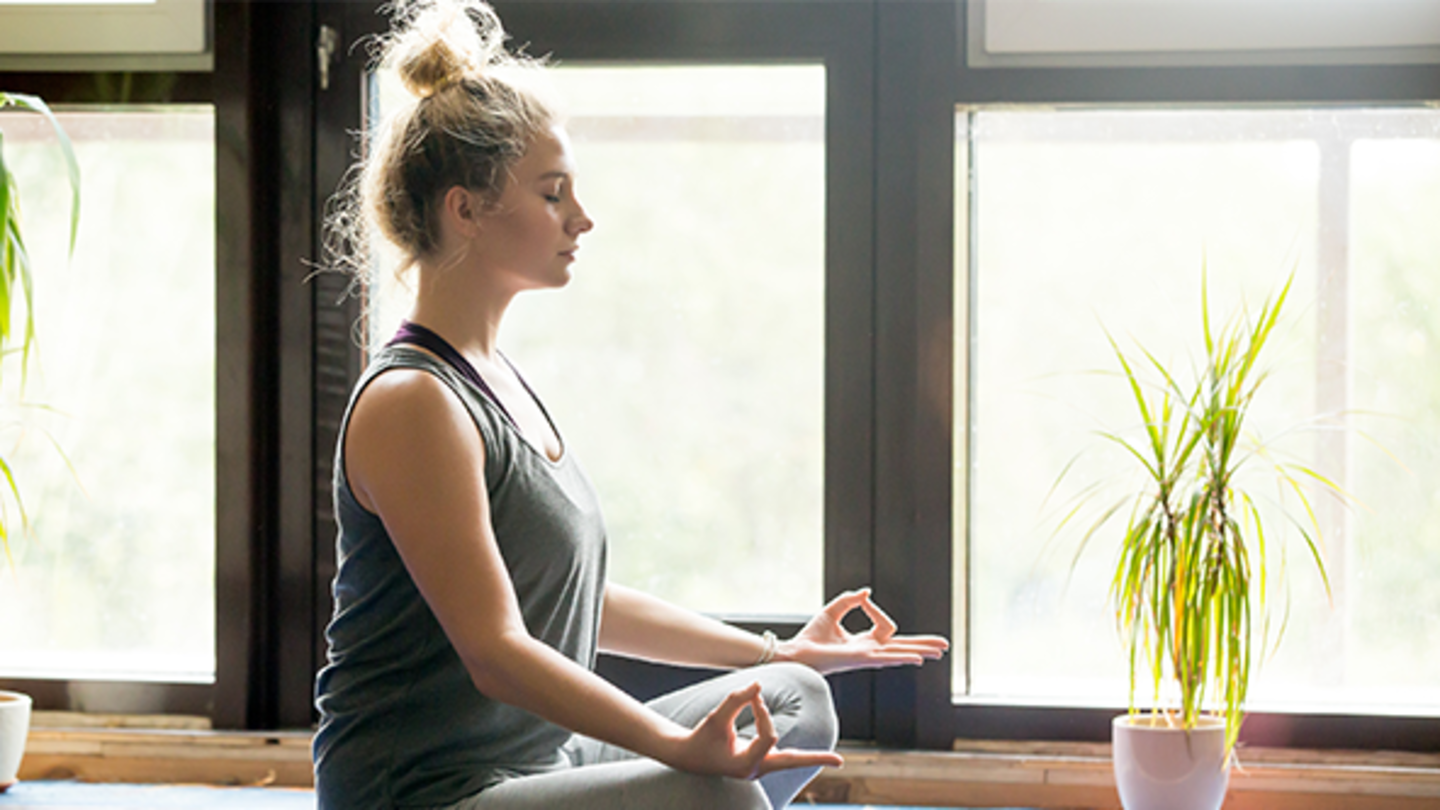
#HealthBytes: Energizing breath exercises to reduce stress, improve lung capacity
What's the story
Breathing exercises go by one simple principle: To be aware of your breath. These exercises are particularly helpful in reducing stress and improving lung capacity. Consequently, you become more relaxed. To begin this, start with five minutes of breathing exercises, daily. You can gradually increase this time, as you become comfortable with the routine. Here are a few easy breathing exercises for beginners.
#1
Diaphragmatic breathing: Do this for five minutes twice a day
Lie on your back or sit in a comfortable position. Place one hand on your chest and one hand on your stomach. Now, slowly inhale through your nose till a count of four. Hold your breath for about two seconds. Slowly exhale through pursed lips and feel your stomach come back to normal position. Do this for five minutes twice a day.
#2
Sit comfortably for 'nadi shodhana pranayama' or alternate breathing
Sit in a comfortable position. Using your right thumb, gently close your right nostril. Inhale through your left nostril and then close your left nostril with your ring finger. Exhale through your right nostril. Now, inhale through your right nostril, close it, release your left nostril and exhale. Do this for five minutes every day. Finish with an exhale on the left side.
#3
'Sama vritti' or equal breathing will leave you calm, relaxed
Sit in a comfortable position. Take slow deep breaths and exhale through your nose. Count the time of each inhale and exhale, and make sure they are of the same duration. You can even hold your breath for a few seconds in between each inhale and exhale. Do this for up to five minutes, twice a day for a calm and relaxed feeling.
#4
Deep breathing: Retain your breath for a count of five
Stand or sit in a comfortable position. Draw your elbows and shoulders back so that your chest expands. Inhale deeply through your nose. Hold your breath and retain it till a count of five. Now, slowly release your breath and exhale from the nose. This deep breathing helps relieve shortness of breath and also aids in breathing in more fresh air.